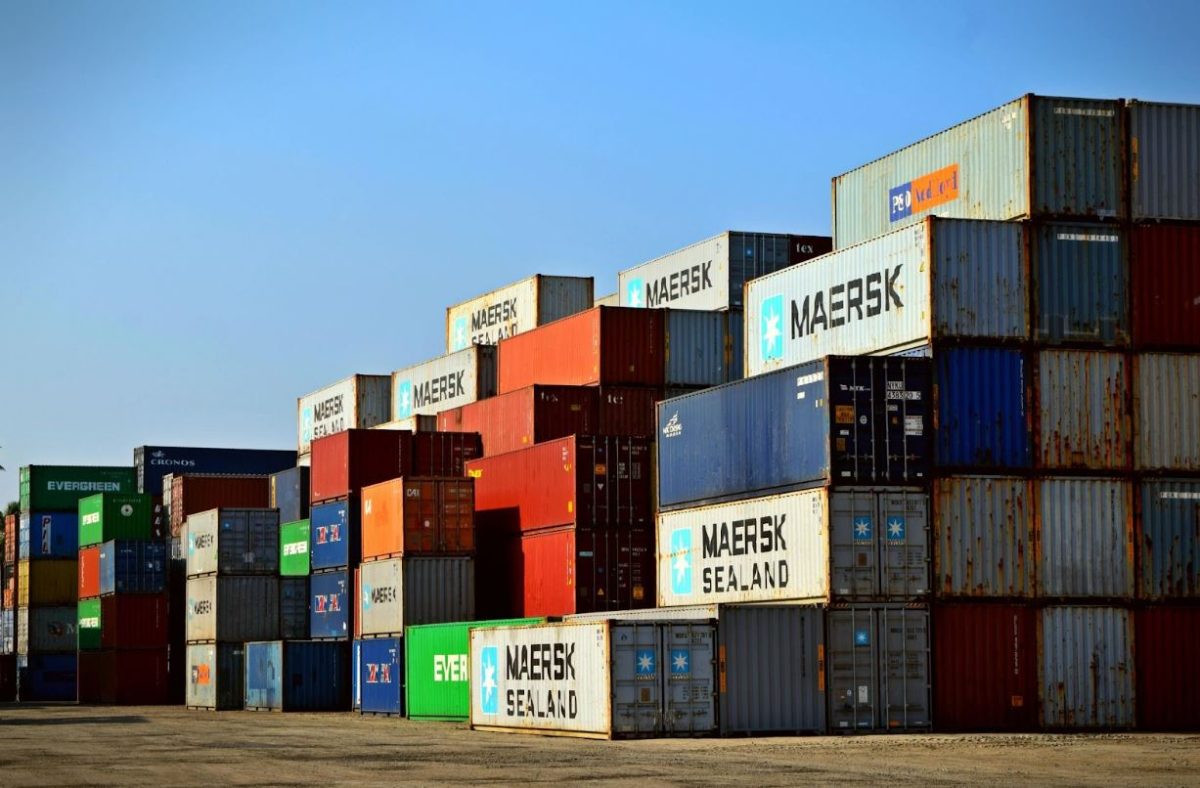Supply chains have always been about connection—linking producers, suppliers, and customers across vast distances. But the way they operate today looks very different from even a decade ago.
Political shifts, global disruptions, and digital transformation have all forced businesses to rethink how they move goods and manage risk.
The idea of a “borderless” world is no longer just an aspiration; it’s becoming a necessity.
Companies that want to stay competitive have to build supply chains that can operate across multiple regions without being stopped by geography or regulation.
What Borderless Trade Really Means
When people speak of borderless trade, it’s not about disregard for laws or crossing boundaries unchecked. It’s about creating systems that don’t collapse when one market, policy, or route suddenly changes. Think of it as engineering flexibility into the core of your operations. Businesses diversify the production and sourcing of goods to various countries in order to balance costs and have less dependence on one partner. At the same time, they are confronted with the reality that all global suppliers bring with them different rules and risks.
It’s not an easy job. Supply chain managers are faced with balancing efficiency with political pressures, legal requirements, and even public opinion. What works in one part of the world can be a cause of problems in another. And, the challenge there is to keep things all connected and not have disruption in one part of the region wreck the whole system.
Offshore casinos serving players across jurisdictions are a good example of how a business can work without being tied down by national borders. They’ve created systems that are accessible, secure, and consistent wherever the user logs in. By relying on flexible digital frameworks and constant adaptation, they prove that international reach doesn’t have to mean instability. A clear illustration of this is offshore casinos in the US reviewed by Pokerscout.com, which show how platforms manage to deliver seamless experiences despite the complexity of serving multiple markets. For supply chains, the takeaway is strikingly similar: success depends on building networks where access, reliability, and adaptability matter more than geography.
Learning from Offshore Casino Models
Offshore casinos run in an environment that’s digital, decentralized, and highly adaptive. Their success depends on the ability to serve players across countries without service interruptions. That means constant investment in technology, cybersecurity, and customer trust. They can’t afford to let disruptions, whether regulatory or operational, stop the flow of service.
Supply chains are moving in a similar direction. Real-time data analytics and predictive tools provide early warnings to managers when risks begin to emerge. Blockchain establishes a trustworthy record of transactions, creating trust across regions where standards may vary. And digital twins, virtual models of supply networks, allow companies to test out scenarios before disruptions strike. Just as casinos need to demonstrate reliability to their users, supply chains must demonstrate accountability to customers, regulators, and investors.
The Building Blocks for Resilience
So what does resilience look like, in practice? A few obvious priorities stand out:
- Digital connectivity. Seamless data platforms mean suppliers, logistics teams, and customers can all see what’s happening in real-time. That visibility makes it easier to act quickly in response to changes.
- Diversification. No single supplier, route, or country should make-or break-operations. Multi-shoring strategies, China+1 approaches, and regional hubs spread the risk and provide more options in the face of challenges.
- Transparency and governance. Strong contracts, compliance systems, and ethical sourcing practices hold global networks accountable. They also help companies move through changing regulations without losing credibility.
- Technology at the core. AI, blockchain, and predictive analytics aren’t buzzwords here – they’re the backbone of smarter, faster decision-making. They enable teams to identify weak spots, tweak flow, and even prevent fraud.
- Sustainability, security. Green logistics and waste reduction aren’t only good for public image – they cut costs and help to prepare businesses for harsher regulation.
Cybersecurity is no less important in this process, as it is used to protect data used in every global transaction.
Strategies That Work Across Borders
Companies putting resilience into action are using a mix of practical strategies:
- Multi-shoring. Splitting production or sourcing across different countries so one disruption doesn’t shut everything down.
- Tariff engineering. Adjusting product classifications or supply routes to reduce the impact of tariffs and trade barriers.
- Regionalization. Building hubs closer to where products are sold which cuts down on delivery time and limits exposure to long-haul logistics risks.
- Data-driven control. Running operations with dashboards and predictive modeling tools so decisions are made on live information, not outdated reports.
Each of these tactics reduces dependency and keeps the system flexible. It’s not about predicting every possible crisis, but about being ready to pivot when one happens.

Moving Beyond Borders
The supply chain of tomorrow won’t be tied to a single map. It will be a network of global and regional links designed to bend without breaking. Offshore digital platforms have already shown what’s possible: operate across jurisdictions, adapt quickly, and use technology as the glue that holds everything together.
For supply chains, the same mindset is now essential. Building resilience means embracing digital tools, spreading risk, and treating sustainability and security as non-negotiable. It’s about making sure that when one door closes, another is already open.
Wrapping Up
Resilient supply chains in a borderless world don’t emerge by accident. They’re built through deliberate choices, diversifying suppliers, adopting real-time analytics, strengthening governance, and investing in sustainable practices. Offshore casino platforms illustrate that borderless systems can succeed when they’re designed for adaptability and reliability. For businesses managing global trade, the lesson is simple: resilience isn’t just about surviving disruptions, it’s about creating supply chains that can keep moving, no matter what the map looks like.







